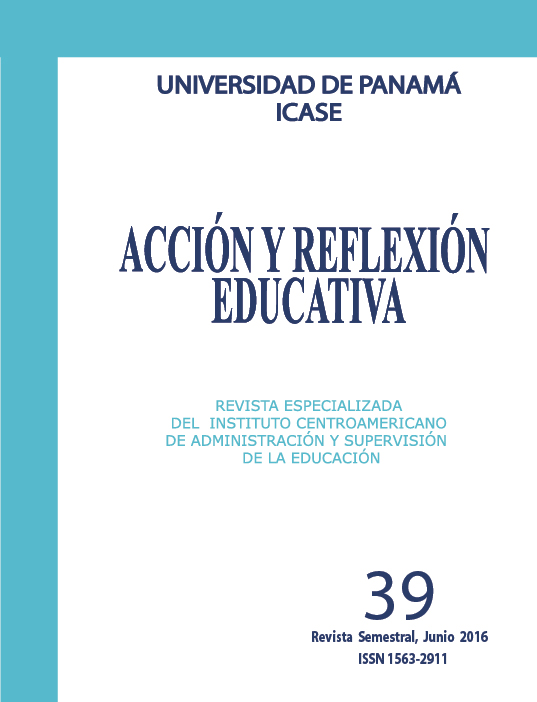

This Article describes the grounds of origin of Flexible Vocational Training Systems (SFPF in its Spanish acronym) to the needs of the labor market documented at the global level in order to conceptualize their requirements inside Higher Learning (HL) in Latin America. The existing SFPF at the global level were studied from the qualitative approach, using the hermeneutic-dialectical method with support in documentary research; applying the technique of content analysis in the description and analysis of documents for conceptual order. The reasons for the SFPF are: from alumni, mobility need; from the education system, a lack of planning systems and review of educational policies; and, from companies, adaptation to changes in the economy, need of generic and transferable skills and high-level skills. In Latin American Higher Learning context, both enterprises and graduates generate demands for planning and reviewing of educational policies systems, by the low efficiency of policies aimed at curriculum innovation, design and maintenance of evaluation and accreditation of skills systems; and the strengthening between Higher Learning institutions and the business sector.